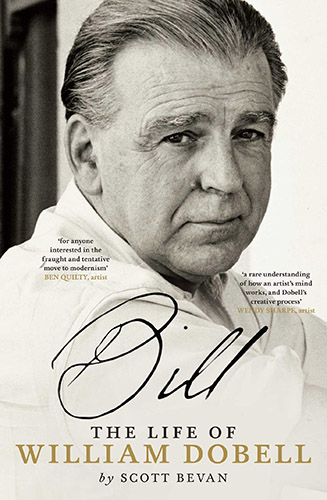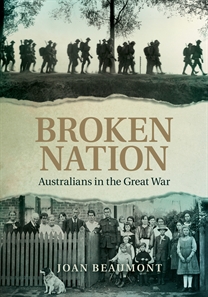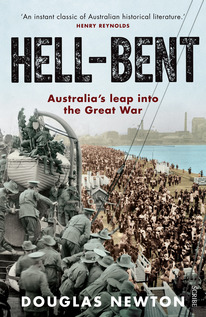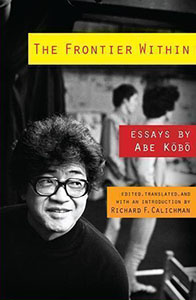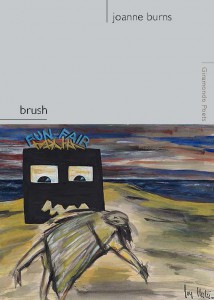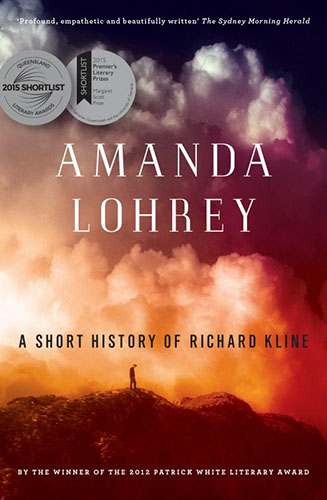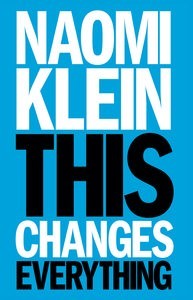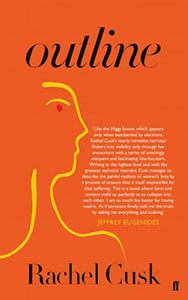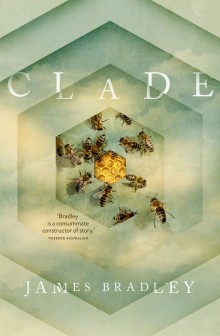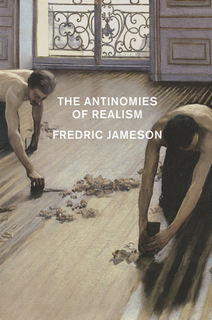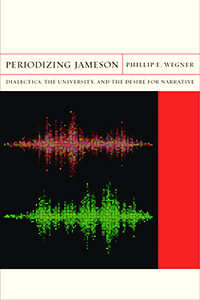Reviews
Beyond the skin: The Frontier Within Essays by Abe Kōbō
‘In his work,’ Dworkin writes of Abe, ‘sexual intercourse is a metaphor for the human condition.’ In The Frontier Within, we catch a glimpse of the condition as Abe sees it, without the metaphor. Just as in the sex lives of Abe’s protagonists the ultimate goal of dissolution eludes them, so too in Abe’s non-fiction there is a plangent note of frustration.
Rampant verbal flowering: brush by joanne burns
I read brush three times before I felt adequately prepared to write this review. On the third reading, an alternative clarity emerged, one that artfully purified a contemporary experience – media saturation, information overload, advertising bombardment, excess consumption, political vertigo and decay – offering a humorous, perhaps nonchalant attitude as a pathway through the heady jumble that constitutes our existence.
A soulful longing: A Short History of Richard Kline
On the cover, A Short History of Richard Kline is identified as a ‘pilgrim’s progress for the here and now’. For Lohrey, the here and now demands an easily accessible realist narrative rather than Bunyan’s choice of allegory. That may be the right call, but realism curtails the freedom that allegory offers readers to bring their own meanings and experiences to the text.
As Opposed to What? The Antinomies of Realism & Periodizing Jameson
With The Antinomies of Realism, Fredric Jameson finally provides the sustained examination of literary realism that those following his critical writings have long suspected might one day appear.
